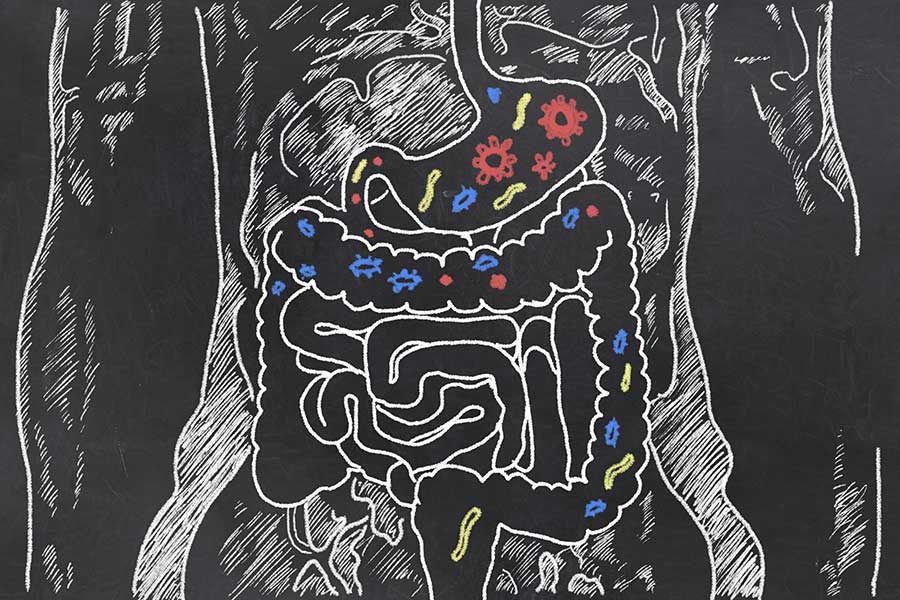OptionRx Blog
Does My Pet Have Allergies? - A Guide to Symptoms and Causes
Do you think allergies are just a people problem? Think again. Just as our noses start running after being exposed to a specific allergen, the same phenomenon can happen to our pets. Their immune systems start reacting and kick into high gear, resulting in itchiness and sores.
An allergy is defined as the immune system's overreaction or hypersensitivity to an allergen. Consequently, every type of dog or cat breed can be impacted by allergies. Typically, allergies will appear in a pet after they're six months of age but, like humans, they can start at any time.
Treatment can be simple as deploying a flea medication, but it could also involve more complex or lifelong management of their symptoms. The treatment is different depending on the kind of pet you have and the type of allergies they are experiencing.
Unsure what allergies your pet may have? Read through our guide of common allergens and allergy symptoms to help improve your pet's day-to-day life.
Types of Pet Allergies
The Animal Emergency & Referral Center of Minnesota featured an explanation of the types of allergies written by Ashley Barott, DVM. She explains, "Allergies are common in pets and can be due to a variety of causes," including:
Environmental or Atopic Dermatitis
These types of allergies are caused by allergens seasonally or year-round. Pets can be allergic to grass, trees, weeds, mold, dander, dust, and much more. Although the allergen may be similar, the reaction or signs will present differently for our pets. Look out for scratching, biting, licking, chewing, red and inflamed skin, sores, scooting, or recurring ear infections.
Food Allergies
These types of allergies develop with hypersensitivity to the protein component in a food item. They can pop up at any age, and produce a variety of signs. You may notice your pup could start itching, experience digestive issues, or go into respiratory distress. A change in diet can be the best way to pinpoint what causes their allergic reaction. Prescription diets are available and should always be discussed with your family vet.
Air Pollution
Poor air quality is as bad for our pets as it is for us. Respiratory issues can develop such as wheezing or trouble breathing. Causes include cigarette smoke, aerosols, specific fragrances, or poor conditions outside.
Flea Bites
Many animals may be itchy after a flea bite. But some pets develop major issues after being bit. They can develop a condition called flea allergy dermatitis. A treatment plan can easily clear up the symptoms and then prevention can be taken to stop fleas from biting in the future.
Emergency Allergic Reactions
If your pup experiences puffiness or a swollen muzzle out of the blue, that means they're probably having an emergency allergic reaction. They may also have swelling around their eyes or hives on their body. Causes happen from insect bites, reactions to a vaccine, or any other allergens. It can be difficult to identify the source. Seek immediate medical help for your pet if you see signs of an emergency allergic reaction.
If your pet has any of the above symptoms, please consult with your family veterinarian. There are many causes of the symptoms mentioned above, including, and excluding allergies. Your vet can help you determine the cause and can help you come up with a treatment plan. Your vet may also decide to refer you to Dr. Meyer, our board-certified veterinary dermatologist. She can help get to the bottom of what's going on with your pet!

April is IBS Awareness Month
Irritable Bowel Syndrome is more common than you think. That’s why IBS Awareness Month is designed provide info on treatment options, and encourage people to seek out help from a doctor to improve their quality of life.